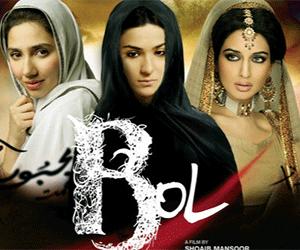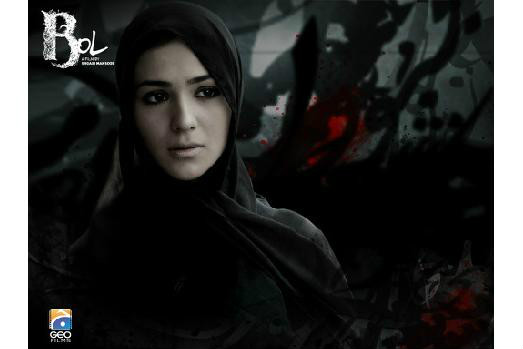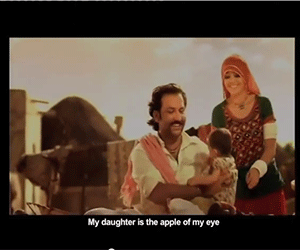The feature film Bol (Speak Up) has grossed more than any other movie in Pakistan’s history. It is aimed specifically at opinion leaders and policymakers who have the power to make decisions on gender equity and maternal health.
Bol was created by celebrated Pakistani director and writer, Shoaib Mansoor, and was co-produced by JSI Research & Training Institute and the Johns Hopkins Bloomberg School of Public Health Center for Communication Programs (JHU∙CCP) under the USAID-funded Pakistan Initiative for Mothers and Newborns (PAIMAN). PAIMAN was led by JSI Research & Training Institute, Inc. from 2004-2010 and reached more than 5.7 million women, families and health care providers, with activities to reduce Pakistan’s maternal and neonatal mortality and improve child health.
PAIMAN sought to inject family planning, son preference and maternal health into the dialogue of Pakistan’s policymakers. To this end, while Bol has been enjoyed by national, and now international audiences – the film has received critical and widespread acclaim in over a dozen countries across Asia, Europe and North America – the movie sought to reach Pakistan’s decision-makers.
Bol revolves around Zainub Khan, a woman who has been found guilty by Pakistan’s courts and is to be hanged. Her last wish is to tell her story. She relates that her father, Hakim Sayed Hashmutallah Khan, married Suraiya and, hoping to sire a son, instead ended up with seven daughters. When his eighth child turned out to be a hermaphrodite, Hakim wanted it dead but Suraiya insisted that she would keep it a secret so as not to shame her husband. They named the child Saifullah, and hired a tutor to teach him at home. After a failed marriage, Zainub returns home, notices that the tutor is molesting her brother and asks him to leave. In the face of increased poverty, low education and religious differences, a proposition is made that will change everyone’s lives forever…




